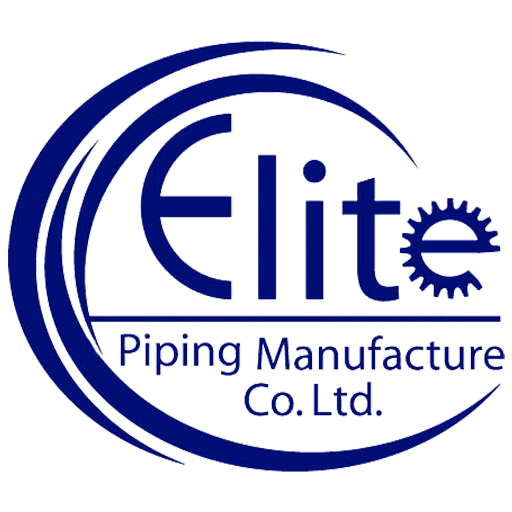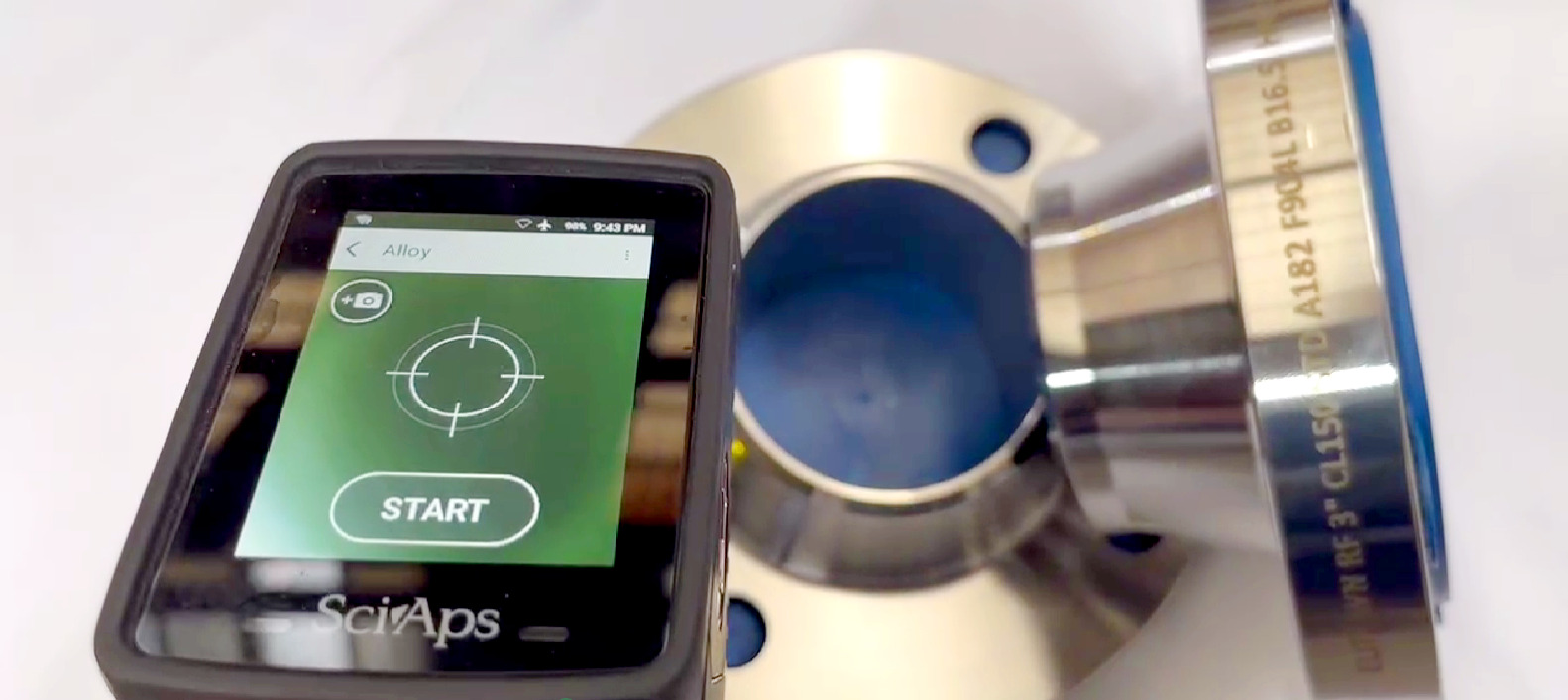Share this
PMI (Positive Material Identification) plays a significant role in flange inspection, especially in ensuring the consistency of flange materials and compliance with specific standards and specifications. Here are some important roles of PMI in flange inspection:
1. Material Confirmation: PMI can be used to confirm whether the material of the flange matches the material required by the specifications. This is crucial to ensure the performance and durability of the flange since different materials may have varying chemical compositions and mechanical properties.
2. Preventing Cross-Contamination: In some industrial applications, cross-contamination of different materials can lead to severe issues such as corrosion or material failure. PMI can ensure that the material of the flange does not react incompatibly with the surrounding environment or other materials.
3. Quality Control: PMI can be employed to monitor material changes or mix-ups during the manufacturing process of the flange, ensuring product quality and consistency. This is essential for meeting quality standards and specifications.
4. Safety: In certain applications, the use of non-compliant materials can pose risks to personnel safety and the environment. PMI can verify that the flange material complies with safety standards.
5. Traceability: By recording PMI data for the flange, material traceability can be established to track the material’s source and history when needed.
In summary, the important roles of PMI in flange inspection include ensuring material consistency, quality control, safety, and traceability. It helps ensure that flanges work effectively in specific applications and comply with relevant standards and specifications.

